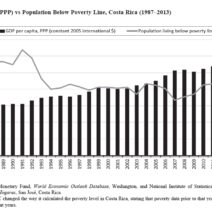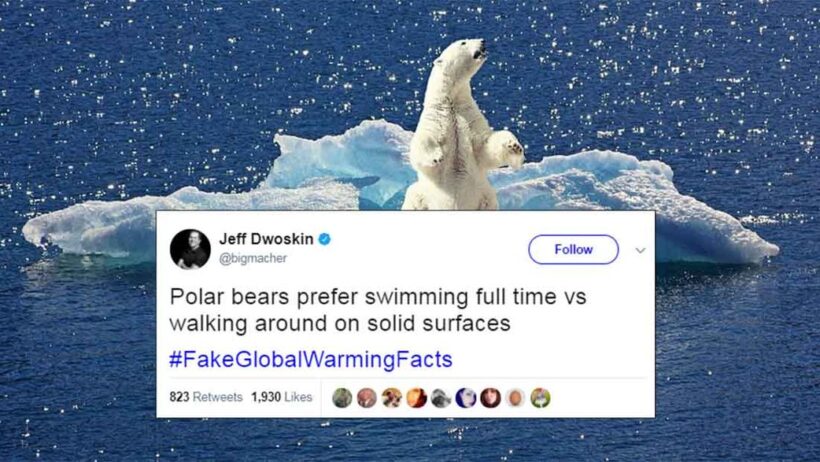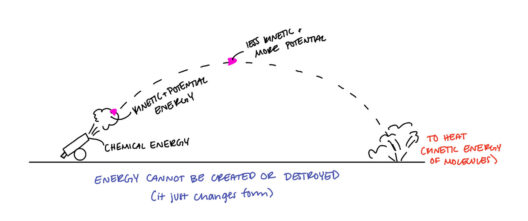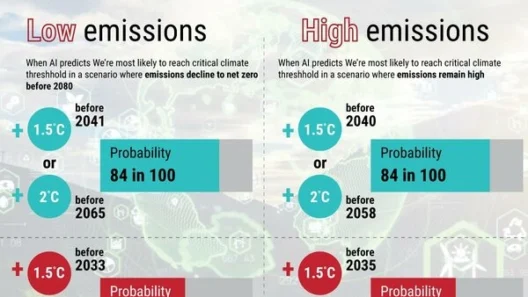Understanding the psychological mechanisms that underpin climate change denial is a crucial endeavor in the fight against global warming. This phenomenon, while seemingly irrational, is deeply rooted in various cognitive, emotional, and social factors. Numerous studies posit that a significant segment of the population actively avoids or dismisses information regarding climate change. This avoidance can manifest in diverse ways, ultimately impeding effective communication about climate issues and delaying necessary actions to combat these pressing challenges.
To grasp this complex behavior, one must first examine the cognitive dissonance theory. This psychological principle suggests that individuals experience discomfort when confronted with information that challenges their existing beliefs or actions. For many, acknowledging the severity of climate change entails accepting a sense of personal responsibility and a need for behavioral changes. This realization may catalyze an internal conflict—between the desire for comfort in established worldviews and the unsettling reality of climate science. As a consequence, individuals may resort to denial as a defense mechanism to alleviate the psychological unease associated with such dissonance.
Moreover, social identity plays a formidable role in shaping attitudes toward global warming. People often align their beliefs with those of their social groups, leading to an echo chamber effect. In some communities, the acceptance of climate change as a genuine threat is at odds with prevailing norms. As individuals seek validation and acceptance from their peers, they may consciously or subconsciously reject information that contradicts group beliefs. This phenomenon can create a formidable barrier to disseminating accurate information and fostering productive discussions about environmental issues.
Media representation is another pivotal factor influencing public perceptions of climate change. The way in which news outlets and social media platforms present climate science can either promote awareness or reinforce denial. Sensationalism, in particular, often dilutes the urgency of climate issues, resulting in public apathy. When climate-related content becomes a spectacle, the gravitas of the underlying scientific findings can be obscured. Consequently, individuals may perceive climate change as a distant or abstract concern rather than an immediate and real threat to their lives and communities.
In addition to these societal influences, emotional responses significantly shape the way people interact with climate information. Fear, anger, and guilt can evoke a defensive stance that propels individuals into denial. This emotional turmoil may result from alarming statistics and dire predictions commonly associated with climate reports. Therefore, rather than galvanizing individuals into action, such information can paradoxically lead to disengagement. To counteract this reluctance, it is vital to foster a more optimistic narrative—one that highlights the potential for positive change and collective action.
Another dimension of climate denial involves misinformation campaigns expertly crafted to sow doubt about climate science. These campaigns often leverage cognitive biases, such as confirmation bias, whereby individuals seek out information that aligns with their preexisting beliefs. By intentionally amplifying skepticism and disseminating misleading information, these campaigns create an illusory balance between credible scientific evidence and unfounded claims. The prevalence of such misinformation makes it increasingly challenging for individuals to discern fact from fiction, leading many to cling to faltering ideologies even in the face of overwhelming scientific consensus.
Furthermore, education about climate change is often fragmented and inadequately addressed in many academic curriculums. A lack of comprehensive and engaging educational resources contributes to the public’s limited understanding of climate-related phenomena and the scientific consensus surrounding them. Engaging educational initiatives that resonate with diverse audiences can mitigate denial by fostering a deeper awareness of both the mechanisms of climate change and the potential ramifications of inaction. For instance, interactive workshops, community discussions, and experiential learning opportunities can empower individuals to confront their uncertainties regarding environmental issues directly.
In confronting the complexities of climate denial, it is essential to consider the role of effective communication strategies. Rather than merely inundating the public with facts and figures, it is paramount to frame climate change as a multifaceted issue that encompasses moral, ethical, and economic dimensions. Engaging storytelling that incorporates local narratives can facilitate a sense of urgency and relevance, motivating individuals to forge connections between scientific data and their lived experiences.
Moreover, emphasizing personal agency and the collective potential for societal change can cultivate a more hopeful outlook. Initiatives that highlight successful grassroots movements, technological innovations in sustainability, and policy advancements can inspire individuals to engage with climate issues proactively, rather than succumbing to despair or denial. Such narratives facilitate a paradigm shift, allowing for a more constructive dialogue on actionable solutions to climate challenges.
In conclusion, the psychology of climate denial is multifaceted and deeply entrenched within individual cognition, social dynamics, media influence, and emotional responses. Understanding these elements is essential in developing effective strategies to promote awareness and engagement around climate change. By addressing the underlying structures that foster denial and championing educational initiatives that inform and inspire, it is possible to cultivate a more informed public ready to engage with the realities of climate change. As the urgency of the climate crisis continues to escalate, fostering a culture that prioritizes informed discourse and collective action will be paramount in navigating the complexities of environmental advocacy.







